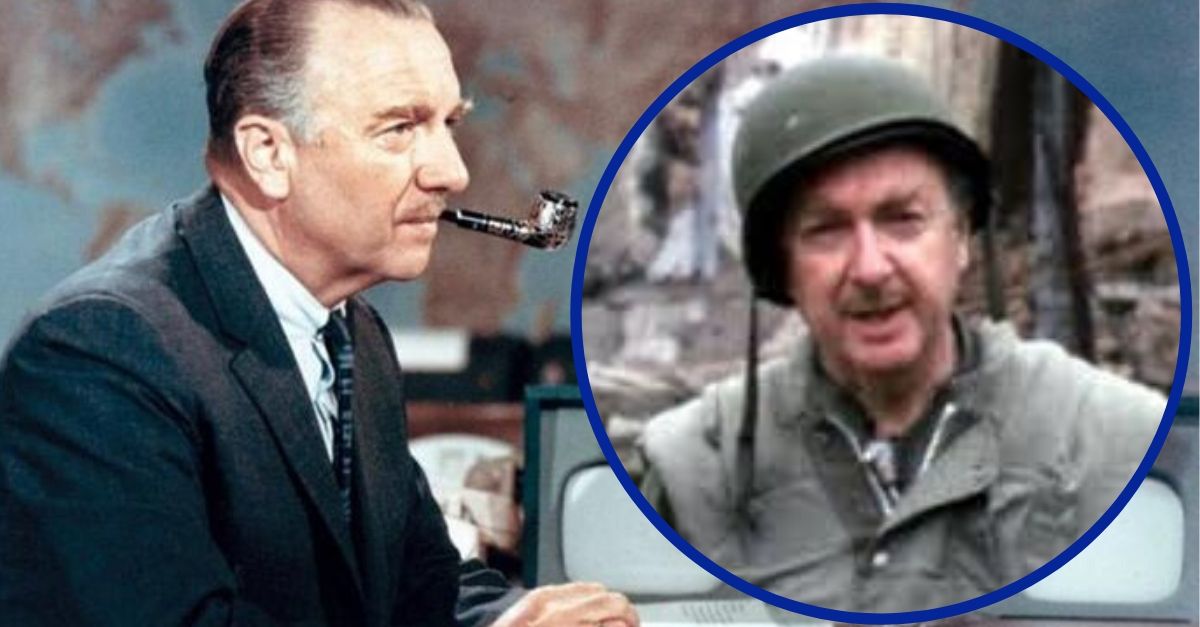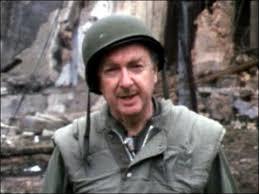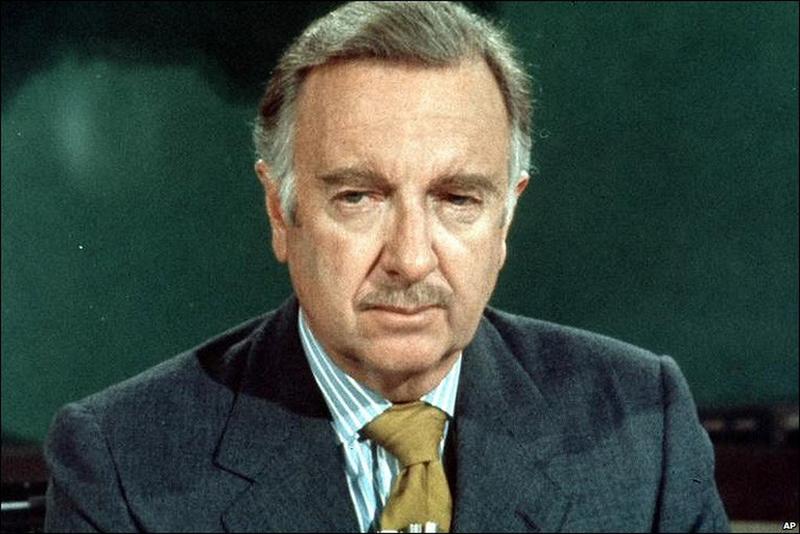
Walter Cronkite was a name that everyone knew in the media. He was a known war correspondent who became a CBS news anchor from 1962 to ’81 and lived to tell the world about truly historical events. These events include two Kennedy assassinations, the Watergate scandal, violence at Kent State, Vietnam, and much more. It’s hard to believe that there was a man who was once known as the “most trusted newsman in America” in an era of “fake news” everywhere you look.
Back in the day of Cronkite, facts and the truth mattered. If he were alive today, there’s honestly no telling what his opinion would be of what is going on in the news world; a world where clicks and ratings mean more than the truth.
Walter Cronkite paved the way for future journalism, but it’s not what it used to be

Cronkite said it best when it comes to factual news versus bias. “We all have our likes and our dislikes. But… when we’re doing news, it is our duty to be sure that we do not permit our prejudices to show. That is simply basic journalism,” he once said.
RELATED: Actor John Krasinski Creates YouTube Channel That Only Shares Good News
It’s important to note that ‘investigative journalism’ has become a pretty lesser-known concept of journalism. Most reporters are able to research from the comfort of their office desks or even from home. Some journalists never gain that real-world experience of putting themselves right in the middle of their own news. The things that Cronkite witnessed in his years of media were truly telling.
Putting himself in the middle of danger all for commitment to the job

In the midst of WWII, Cronkite flew in a bombing mission over Germany and learned to fire the machine gun on a B-17. He also witnessed D-Day from above, covered Operation Market after landing by paraglider, and also witnessed the Battle of the Bulge. He truly went above and beyond for reporting that wasn’t considered a ‘puff piece.’
“Our job is only to hold up the mirror — to tell and show the public what has happened,” he once said about a journalist’s job description. “Helping set the day’s agenda and deciding what we used and editing it, that was a journalistic high point. I liked reporting as well. Just doing the news — the live performance — wasn’t important. Working on the desk was.”

Do you remember watching the news with Walter Cronkite? Take a look below at one of the most historic news broadcasts from Cronkite, reporting on the JFK assassination.
